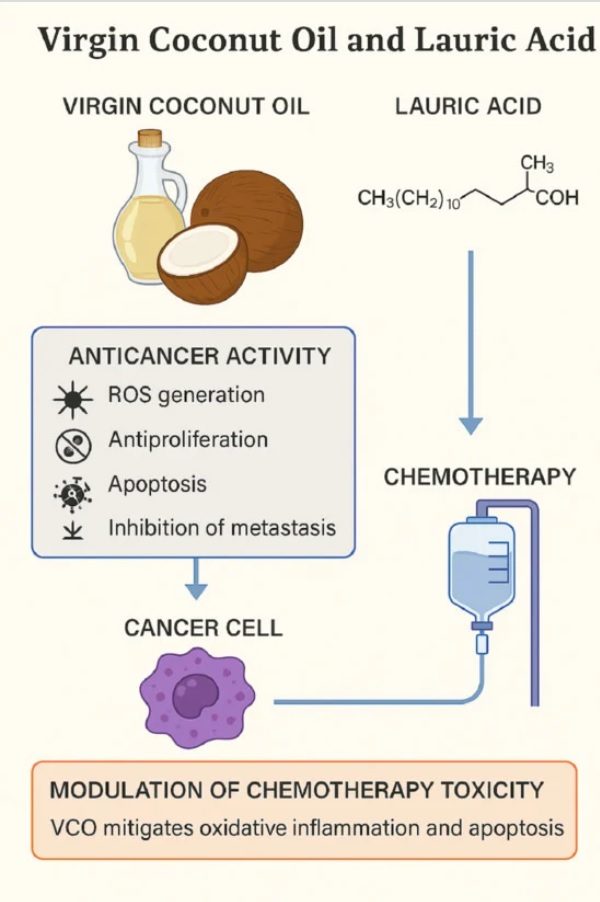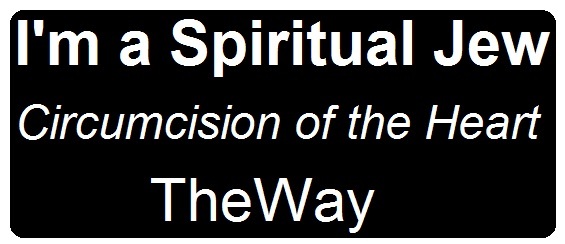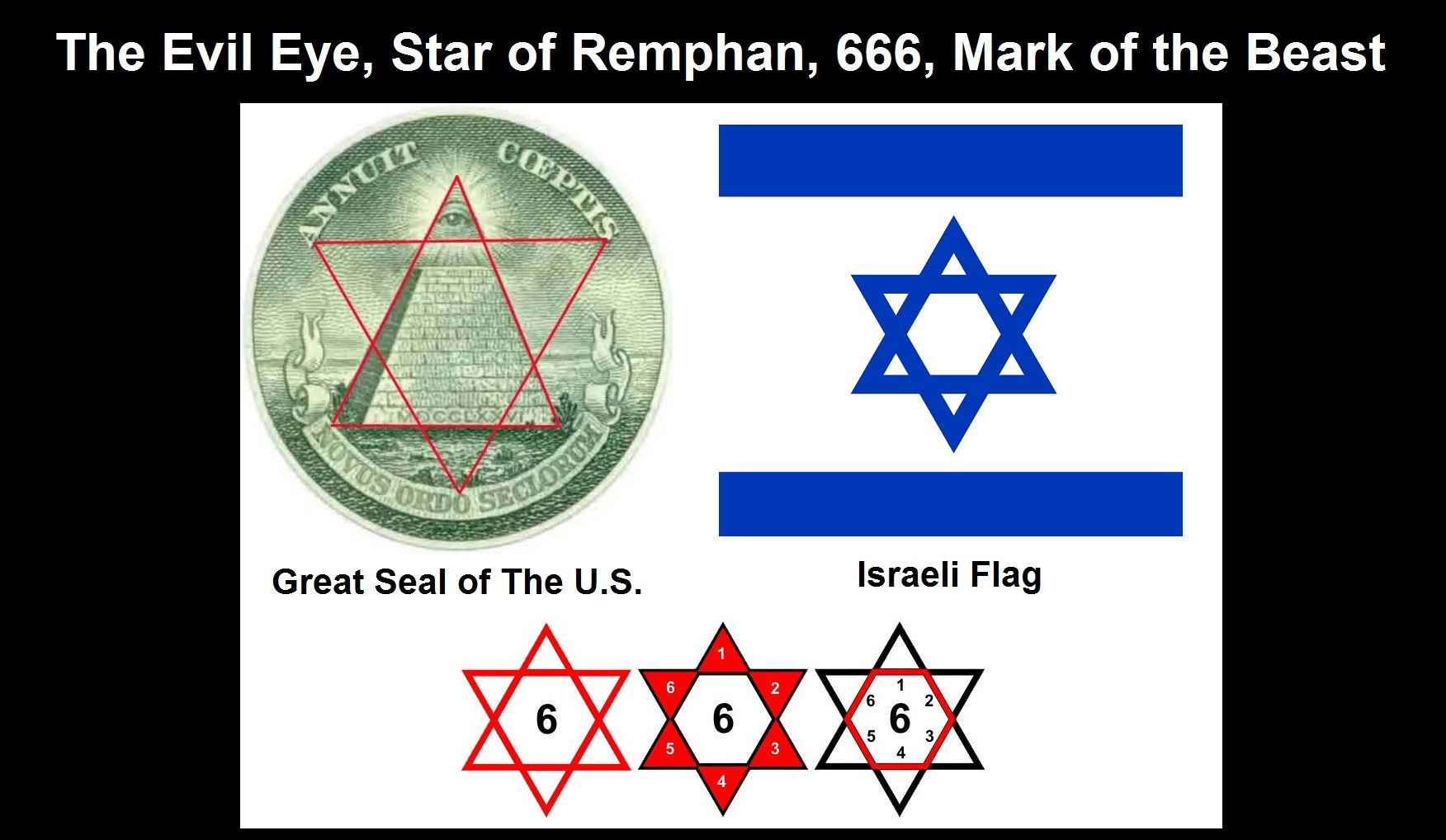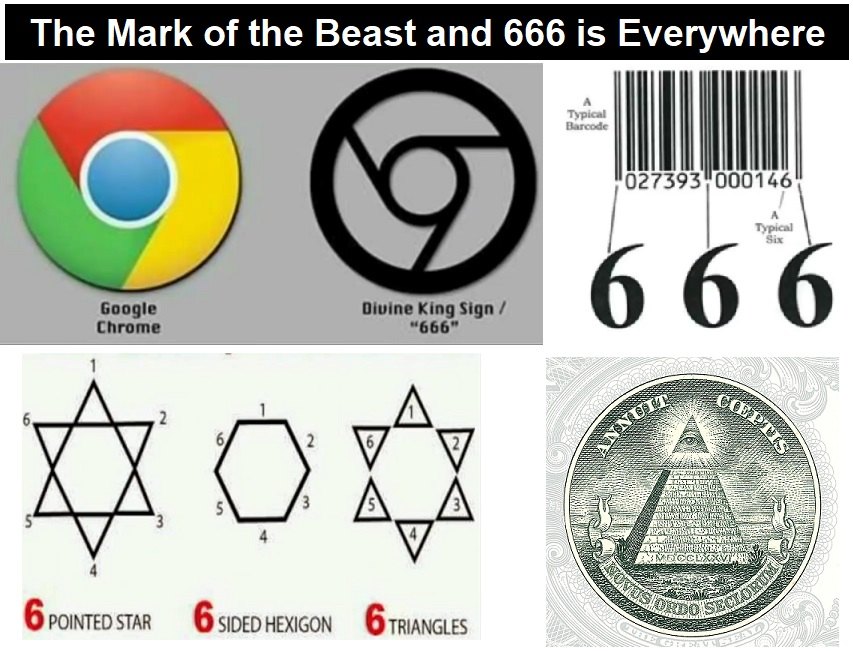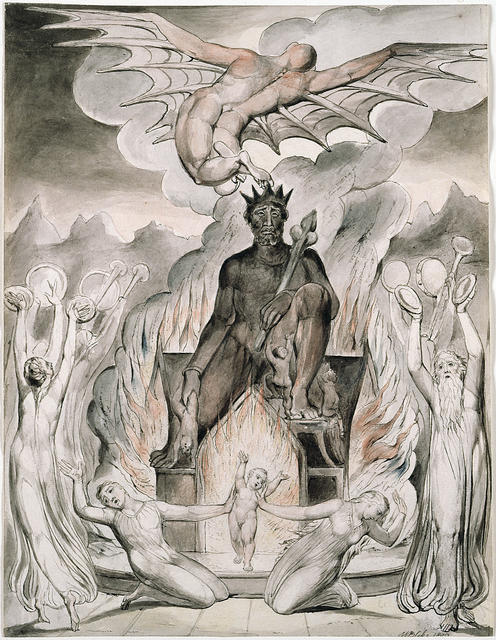by Brian Shilhavy
Editor, Health Impact News
It is well known in the Alternative Media that the COVID vaccines have unleashed a dramatic increase in cancer rates throughout the U.S. See:
10,000% Increase in Cancers Following COVID-19 Vaccines as Doctors and Scientists Worldwide Sound the Alarm
7,500% Increase in Recorded Cases of Cancer Following COVID-19 Vaccines
In spite of the U.S. medical system stating that they are still trying to find a cure for cancer and soliciting hundreds of millions of dollars every year to “find a cure for cancer” from the American public through non-profit organizations that then funnel the funds into Big Pharma for “cancer research,” the facts are that there are MANY cures to cancer that have been known for decades, but suppressed by Big Pharma and their Corporate Media lap dogs.
To avail of most of these treatments for cancer, however, most would need to leave the U.S. where the FDA suppresses these treatments, and travel either to Mexico or Europe to get them. See some of our previous coverage on this issue, some of which was already published over a decade ago:
The Cancer Industry is Too Prosperous to Allow a Cure
Unapproved but Effective Cancer Cures
Virgin Coconut Oil, especially when used within the context of a ketogenic diet, also has ample evidence and research showing its effectiveness in fighting cancer.
A recent study conducted in India has just been published that highlights how coconut oil and lauric acid are being used to treat cancer, as well as the toxic effects of chemotherapy.
Virgin Coconut Oil and Its Lauric Acid, Between Anticancer Activity and Modulation of Chemotherapy Toxicity: A Review
Abstract
Virgin coconut oil (VCO) has emerged as a functional food oil with considerable health benefits and wide applications in the food, pharmaceutical, and cosmetic industries due to its resident bioactive compounds, including lauric acid (LA). LA is the most abundant saturated medium-chain fatty acid in VCO and has been associated with several pharmacological activities.
The literatures show the pharmacological effects of VCO and LA on chronic pathologies, infectious diseases, and metabolic disorders. A robust body of evidence shows that LA and other phenolic compounds are responsible for the VCO protection against toxicities and pharmacological efficacies.
This review elucidates the anticancer mechanisms of VCO/LA and their modulation of the chemotherapy-induced side effect toxicity. VCO, LA, and their nanomaterial/encapsulated derivatives promote ROS generation, antiproliferation, apoptosis, cell cycle arrest, the inhibition of metastasis, and the modulation of cancer-related signaling pathways for cancer cell death in vivo and in vitro.
VCO mitigates oxidative inflammation and apoptosis to block the underlying mechanisms of the side effect toxicity of chemotherapy. However, the possible beneficial effect of LA on the toxicity of chemotherapy is currently unknown.
The available evidence emphasizes the anticancer effect and mechanism of VCO and LA, and the VCO potential to combat adverse side effects of chemotherapy. Thus, VCO and LA are potential adjuvant therapeutic agents in the management of various cancers.
Nevertheless, future studies should be targeted at elucidating cancer-related molecular mechanisms to bridge the gap in knowledge.
Introduction
Cancer continues to pose a significant global health challenge with increasing prevalence despite the Food and Drug Administration (FDA) approval of more than 600 cytotoxic anticancer agents [1].
Chemotherapy is the clinical cornerstone for metastatic cancer treatment globally. It is acknowledged for systemic efficacy, patient improvement, and survival; however, it is increasingly confronted with severe side effects, chemoresistance, and relapses [2,3].
These formidable hurdles hamper clinical chemotherapy effectiveness; therefore, there is an unmet need for alternative therapies, adjuvants, or combination regimens to combat the growing health problem [4].
In this pursuit, there is a growing research interest in exploring the potential therapeutic benefits of natural products for cancer treatment. The multi-target novel adjuvants or treatment agents based on natural products with higher anticancer potency and low toxicity profiles are required for the treatment of cancers [4,5].
Some plant-derived natural products have shown potential anticancer potential in combination therapies, though safety and efficacy must be assessed case by case [6].
Among these potential products is VCO gradually emerging as a potential candidate due to its potential anticancer properties and ability to mitigate the toxicity associated with chemotherapy [7,8].
VCO is extracted from the kernel or meat of mature coconuts and has been recognized for its diverse health benefits [9]. There is a growing demand for VCO in the United Sates and other developed countries, and this demand can be attributed to the increasing number of reports and scientific literature published on the health benefits of VCO [10].
The quantity of VCO exported by India, Philippines, Indonesia, West Malaysia, Sri Lanka, Mexico, and Papua New Guinea, the major countries involved in the large production of VCO, has increased over the years [10,11,12].
The literature has shown the analgesic, immunomodulatory, antipyretic, antioxidant, anti-stress, antimicrobial, anti-HIV, antidiabetic, antiviral, anti-inflammatory, anti-obesity, hypocholesterolemia, and anticancer effects of VCO [11,13,14].
A number of studies have also demonstrated the VCO capacity to inhibit the toxicity induced by clinical drugs and various chemicals [15,16,17,18].
In particular, the anticancer drugs used in chemotherapy induce various side effect toxicities in cancer patients [19,20]. Preclinical evidence reveals that it exerts toxicity on the liver, kidney, heart, testis, placenta, brain, lung, ovary, intestine, blood, and thyroid gland [19,20,21,22].
The underlying mechanisms of toxicity strongly reported by experimental studies include oxidative stress, pro-inflammation, apoptosis, and mitochondrial dysfunction [23].
But a number of findings in animal studies indicate that VCO may exert beneficial effects against the toxicity of chemotherapeutic drugs [22,23,24,25]. The beneficial effects are attributed to its unique composition of medium-chain triglycerides (MCTs), medium-chain fatty acids (MCFAs), phenolic compounds, and other bioactive molecules [11,26].
Notably, it is LA that constitutes a substantial portion of the VCO fatty acid profile, and there is a renewed focus on LA in cancer research circles. LA, the most abundant MCFA in VCO, has demonstrated synergistic effects when combined with conventional anticancer drugs; it showcases selective cytotoxicity against cancer cells while sparing normal cells [27,28,29].
Mechanistic investigations have unveiled its capacity to induce apoptosis, inhibit cancer cell proliferation, and interfere with various signaling pathways involved in cancer development and progression [27,30].
Moreover, while the research on VCO’s anticancer effects is still growing, the available evidence suggests potential for this natural oil in cancer prevention and management. By examining the molecular mechanisms of action and evaluating their efficacy in preclinical and clinical settings, a deeper understanding of how VCO and its constituents may complement current cancer treatment regimens can be attained.
Additionally, exploring their role in mitigating the toxicity of anticancer drugs offers valuable insights into their potential as adjunctive therapies in cancer management. This ongoing exploration holds the promise of contributing to advancements in oncology research and clinical practice, paving the way for improved cancer treatment and prevention strategies.
Related articles:
Study: Virgin Coconut Oil Reduces Symptoms of Chemo – Improves Quality of Life for Breast Cancer Patients
Study: Lauric Acid from Coconut Oil Inhibits Cancer Cell Growth Without Affecting Healthy Cells
Study: Virgin Coconut Oil Protects the Liver from Harm Caused by Chemotherapy Cancer Drugs
How To Cure Breast Cancer with a Modified Ketogenic Diet
Man Given Months to Live with Brain Tumor Rejects Chemo for High-fat Ketogenic Diet – Doing Well 2 Years Later
Woman Battles Brain Cancer Using Low-Carb Ketogenic Diet Without Chemo
Comment on this article at HealthImpactNews.com.
This article was written by Human Superior Intelligence (HSI)
See Also:
Understand the Times We are Currently Living Through
New FREE eBook! Restoring the Foundation of New Testament Faith in Jesus Christ – by Brian Shilhavy
Who are God’s “Chosen People”?
KABBALAH: The Anti-Christ Religion of Satan that Controls the World Today
Christian Teaching on Sex and Marriage vs. The Actual Biblical Teaching
Exposing the Christian Zionism Cult
The Bewitching of America with the Evil Eye and the Mark of the Beast
Jesus Christ’s Opposition to the Jewish State: Lessons for Today
Identifying the Luciferian Globalists Implementing the New World Order – Who are the “Jews”?
The Brain Myth: Your Intellect and Thoughts Originate in Your Heart, Not Your Brain
What is the Condition of Your Heart? The Superiority of the Human Heart over the Human Brain
The Seal and Mark of God is Far More Important than the “Mark of the Beast” – Are You Prepared for What’s Coming?
The Satanic Roots to Modern Medicine – The Image of the Beast?
Medicine: Idolatry in the Twenty First Century – 10-Year-Old Article More Relevant Today than the Day it was Written
Having problems receiving our emails? See:
How to Beat Internet Censorship and Create Your Own Newsfeed
We Are Now on Telegram. Video channels at Bitchute, and Odysee.
If our website is seized and shut down, find us on Telegram, as well as Bitchute and Odysee for further instructions about where to find us.
If you use the TOR Onion browser, here are the links and corresponding URLs to use in the TOR browser to find us on the Dark Web: Health Impact News, Vaccine Impact, Medical Kidnap, Created4Health, CoconutOil.com.




